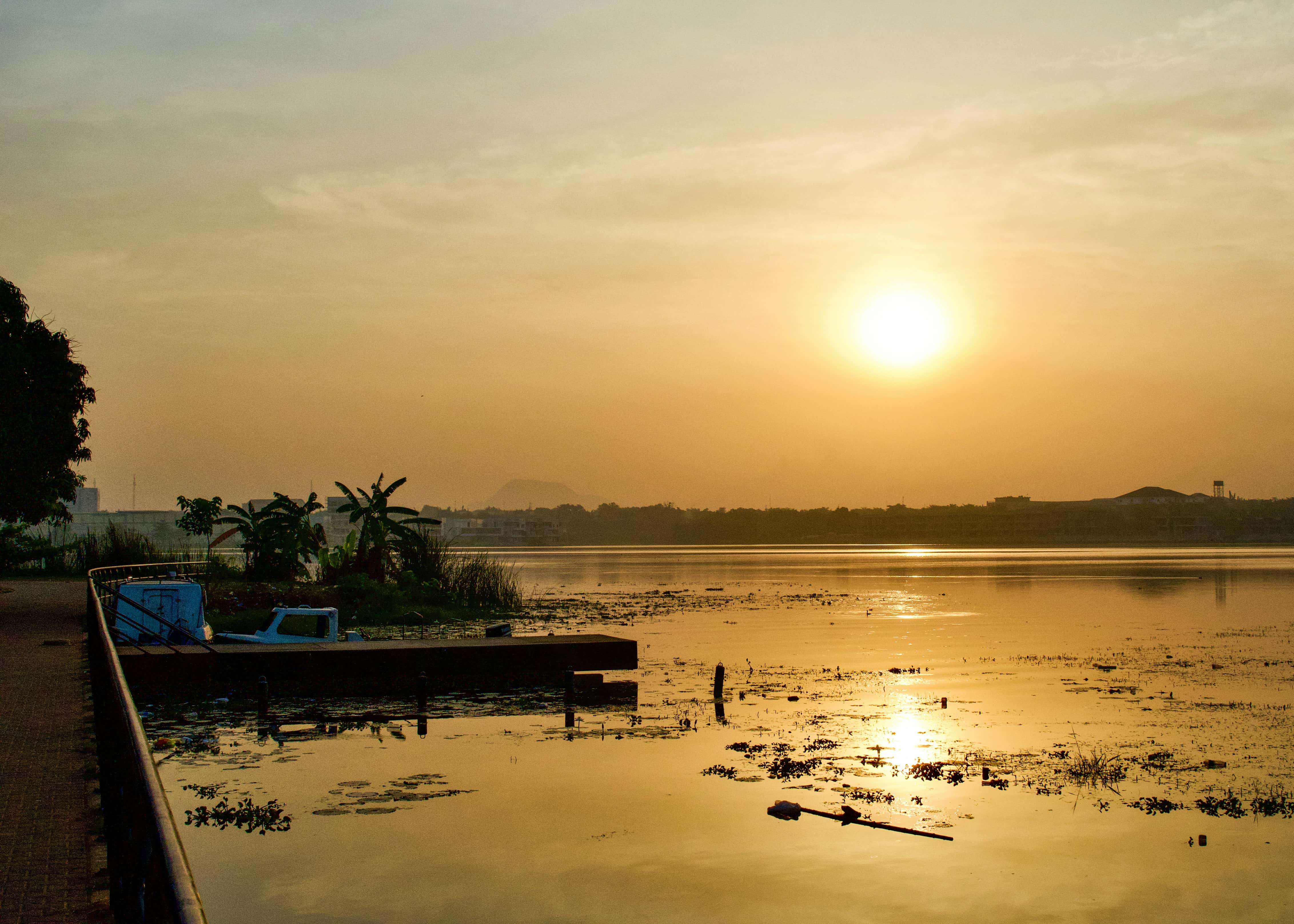
Cost of Living in Abuja
2025-04-01
Abuja, Nigeria’s capital, offers expats a mix of modern amenities and job opportunities, especially in the oil, government, and telecom sectors. While the cost of living can be high—particularly for housing, healthcare, and imported goods—the city provides a stable environment with growing international communities and expat-friendly neighborhoods. Navigating the challenges of infrastructure and security is key, but with the right preparation, professionals can thrive in Abuja's dynamic environment. Use Xpatulator’s tools to evaluate living costs and ensure a comfortable transition.
Introduction to Abuja
Abuja, Nigeria's capital, is located in West Africa, in the heart of the country. It boasts a tropical climate with a wet season from April to October and a dry season from November to March. Temperatures range between 20°C and 35°C throughout the year.
Economy and Employment
Abuja's economy is driven by government activities, construction, and telecommunications. It is also home to international organizations and embassies. Major employers include the Nigerian government, multinational oil companies, and construction firms. However, challenges like inflation and currency volatility affect the economy.
Immigration Requirements
Expats seeking to work in Abuja require a work permit, which typically comes with a job offer. The process can take time, but Nigeria has frameworks to attract skilled professionals in key sectors like oil and tele-communications. Residency permits are also required and involve additional bureaucracy.
Job Market and Opportunities
The job market in Abuja is mainly centered around government services, construction, and oil industries. There’s also demand in IT and telecommunications. Salaries vary widely, but expats generally earn more than locals. Work culture values respect for hierarchy, and advancement depends heavily on performance and relationships.
Cost of Living
Abuja can be expensive compared to other parts of Nigeria. Key expenses include:
- Housing: Rent in expatriate-friendly areas like Maitama or Asokoro is high. A three-bedroom apartment could cost between $2,000 to $5,000 per month.
- Groceries: Imported goods are expensive, but local produce is affordable.
- Healthcare: Private healthcare is costly, with insurance essential for expats.
- Transport: Public transport is limited; most rely on private cars, leading to higher fuel and maintenance costs.
- Communication: Internet and mobile services are more expensive than in many developed countries.
Quality of Life
Abuja offers modern amenities, but the cost of living can be high. While security is improving, certain areas require caution. Power outages and traffic congestion are common challenges. However, the city has parks, shopping malls, and a growing restaurant scene, adding to its appeal.
Pros and Cons
Pros: There is a growing economy, good job opportunities, and a pleasant climate
Cons: A high cost of living for expats, and there are security and infrastructure issues
Culture and Language
Nigeria is a multicultural nation with over 500 ethnic groups. The dominant languages in Abuja are English (official) and Hausa. The people are generally friendly and welcoming towards foreigners, though social norms emphasize respect for elders and authority.
Healthcare
Healthcare services in Abuja are available, but the best quality is found in private hospitals. Expats are encouraged to have comprehensive health insurance, as public healthcare is often underfunded. Specialist care may require travel abroad.
Safety and Security
While Abuja is relatively safe compared to other parts of Nigeria, petty crime and occasional security issues persist. Expats should stay informed about local developments and follow security advisories. Political stability in the capital is generally strong, but it’s essential to remain cautious.
Residential Areas
Popular expat areas include Maitama, Asokoro, and Gwarinpa. These neighborhoods offer better security, modern housing, and amenities such as international schools, making them attractive to foreign professionals.
Education
Abuja has several international schools, such as the American International School and the British Nigerian Academy. Curricula include the International Baccalaureate and UK or US-based programs. School fees are high, ranging from $10,000 to $25,000 per year.
Social and Recreational Life
Abuja’s social life is growing, with expat clubs, fitness centers, and a few cultural events. Parks like Millennium Park and entertainment centers provide recreational options. However, the nightlife scene is more limited compared to Lagos.
Transportation
Public transport is scarce, so most expats rely on private cars. Traffic in Abuja is manageable compared to other Nigerian cities, but road infrastructure still faces issues. Nnamdi Azikiwe International Airport connects the city to major international destinations.
Unique Aspects of Abuja
What sets Abuja apart is its planned city layout, with wide roads, green spaces, and modern architecture. As the political capital, it also offers a more stable environment compared to the rest of Nigeria.
Overall Cost of Living
Abuja is one of Nigeria’s most expensive cities, especially for housing and imported goods. However, affordable local products help balance the cost for some residents.
Use Xpatulator’s Cost of Living Calculators and Tools to make informed decisions about living costs in Abuja and ensure your salary or assignment package maintains your standard of living.